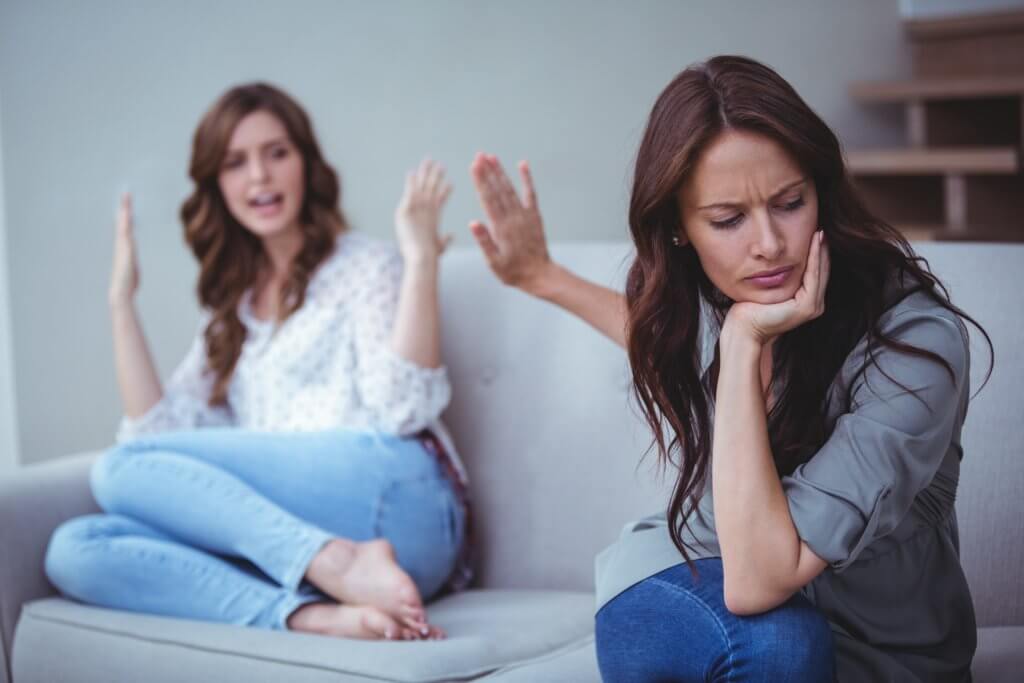
Friends playing Jenga (© DisobeyArt - stock.adobe.com)
SAN FRANCISCO — People often say choose your friends wisely, and now there’s some scientific evidence that doing so can help your health. A new psychological study finds people with positive experiences in their close relationships appear to have better physical health. Previous research has focused on how relationship conflict or satisfaction can impact stress levels and blood pressure. In this current study, however, researchers looked at how either type of relationship, good or bad, affects a person's health day by day.
“Both positive and negative experiences in our relationships contribute to our daily stress, coping, and physiology, like blood pressure and heart rate reactivity,” says lead author Brian Don of the University of Auckland in a media release. “Additionally, it’s not just how we feel about our relationships overall that matters; the ups and downs are important too.”
In total, 4,005 people completed daily check-ins of their blood pressure, heart rate, stress, and coping levels on their smartphone or smartwatch. Study participants also shared their experiences and feelings about their closest relationships, including positive and negative memories, every three days.
People with more positive experiences than negative ones often reported less stress, better coping skills, and lower blood pressure. On the other hand, people who experienced daily ups and downs in their relationships and reported more negative experiences had more problems with stress, coping, and increasing blood pressure.

Other factors may have changed people’s relationships, and in turn, their health, Dr. Don adds. The COVID-19 pandemic affected how people interacted with others or how often they could see their friends and loved ones.
“Since the COVID-19 pandemic, relationships have been facing unprecedented challenges, turbulence, and change,” says Dr. Don. “What this means is that the COVID pandemic may have health implications not just because of the virus itself, but also indirectly as a result of the impact it has on people's relationships. That is, because the COVID-19 pandemic has created considerable strain, turbulence, and variability in people's relationships, it may indirectly alter stress, coping, and physiology in daily life, all of which have important implications for physical well-being.”
The study authors caution against jumping to conclusions that your friends can make you sick. Instead, the findings show how relationships may be one more influencer in a person’s health. Dr. Don says he hopes researchers can look beyond heart rate and blood pressure to get a more complete understanding of other ways relationships may affect health.
“It would be useful to examine other physiological states, such as neuroendocrine or sympathetic nervous system responses as outcomes of daily positive and negative relationship experiences, which may reveal different patterns of associations,” Dr. Don concludes.
The study is published in Social Psychological and Personality Science.










